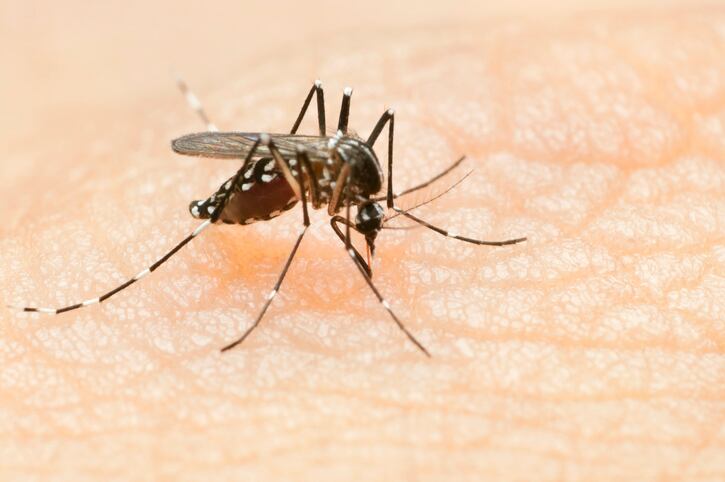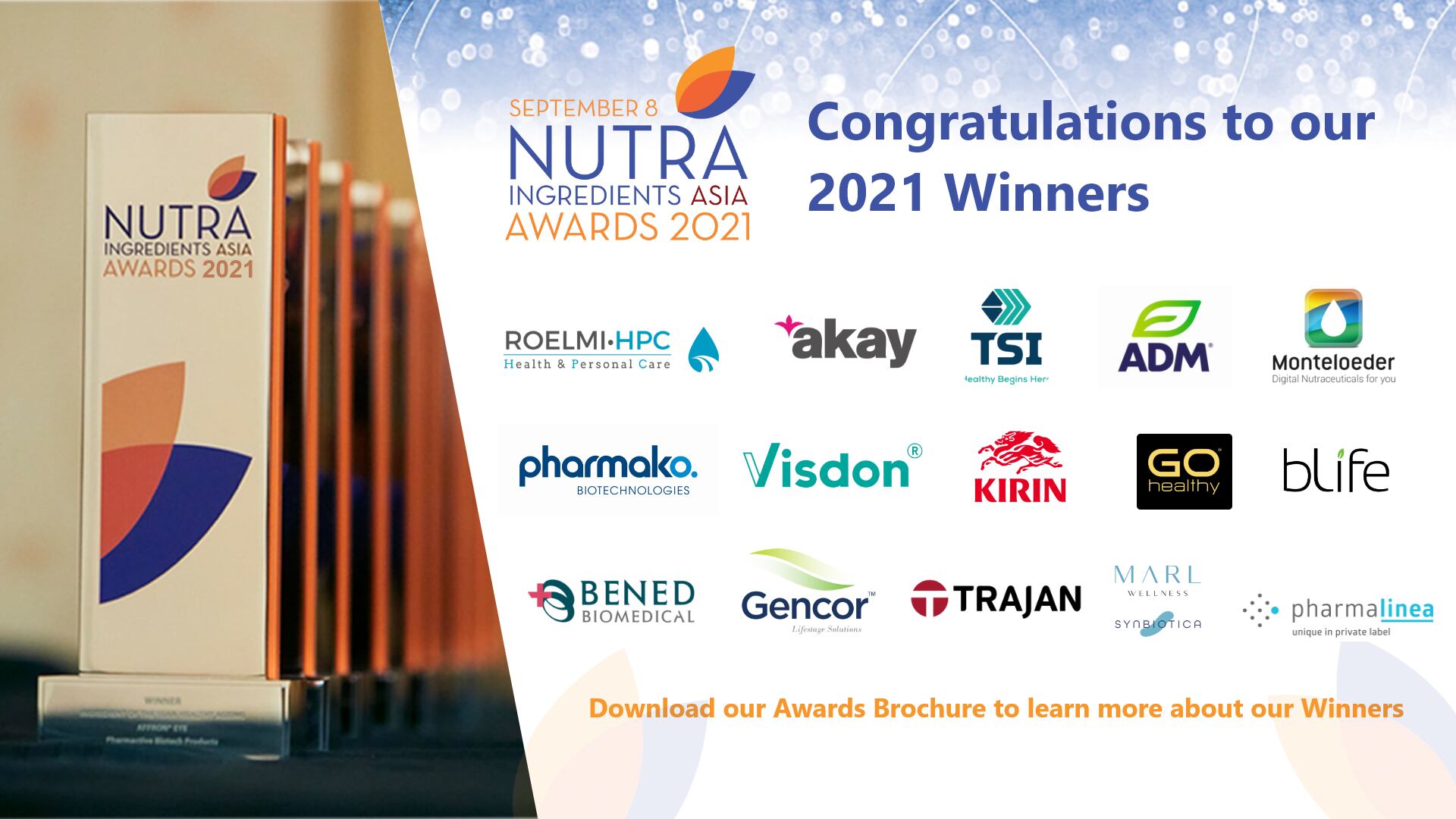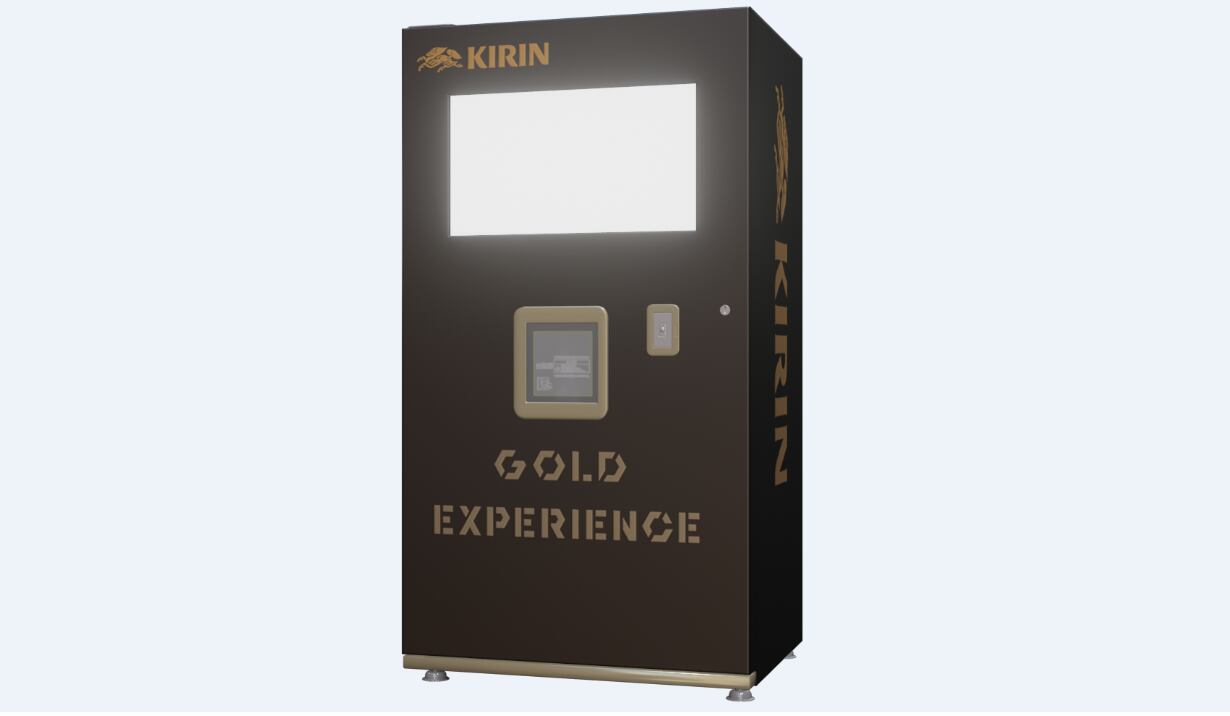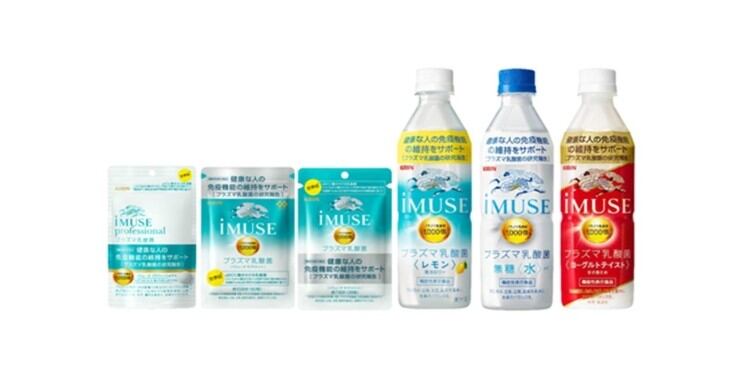The Kirin Central Research Institute and the Tropical Infectious Diseases Research & Education Centre (TIDREC) at the University of Malaya will collaborate on a series of research studies, focused on Kirin’s proprietary lactic acid bacteria Lactococcus lactis strain Plasma (LC-Plasma).
A laboratory for immuno-regulation studies will be opened in TIDREC to facilitate research.
Expected to kickstart in October 2021, it will start with non-clinical studies to assess the efficacy of LC-Plasma against other tropical disease viruses. If the findings are promising, the team will begin clinical trials.
LC-Plasma has been shown to activate the command centre of antiviral immunity and found to reduce the incidence of influenza in clinical trials.
In Japan, LC-Plasma is the first and only ingredient to be registered as a “food with function claims” for immunity. LC-Plasma is also the functional ingredient in Kirin Holdings’ range of iMUSE products.
Dengue study
At a press conference, Professor Sazaly Abu Bakar, director of TIDREC presented some findings showing how LC-Plasma was found to significantly reduce the incidence of dengue fever-like symptoms in healthy people in a recent clinical trial conducted in Malaysia.
Dengue is an illness caused by the dengue virus which is transmitted to humans through the bites of infected female Aedes sp. mosquitoes.
The common symptoms of dengue are fever, muscle pain, joint pain, and pain behind the eyes.
Most infected people are asymptomatic or will develop mild fever. Less than 1% will develop severe dengue which can lead to death.
Around the world, 400 million people are infected with dengue virus annually, and South East Asia accounts for 75% of the global dengue burden.
Previously, in-vitro studies showed LC-Plasma had potent antiviral immune stimulator effects, including against the dengue virus.
So, researchers from the Kirin Central Research Institute in collaboration with TIDREC conducted a randomised, double-blind, placebo-controlled study from December 2019 to February 2020.
Approximately 100 healthy adults living in Kuala Lumpur, identified as dengue hotspots by the Ministry of Health Malaysia, were recruited.
Dr Daisuke Fujiwara, general manager of the Kirin Central Research Institute, said a specially made tablet was created by Kirin for this study, containing 100 billion CFU of LC-Plasma. Kirin’s iMUSE products were not used in this study.
Half the participants took the LC-Plasma tablet, the other half took a placebo.
The test products were taken daily for eight weeks, and symptoms were assessed.
The purpose of this study was to examine the possibility of preventing the transmission of dengue virus or inhibiting the onset of dengue-like symptoms, and not to examine the therapeutic effects.
Of the 103 participants enrolled in the study, only 9 later tested positive for dengue virus. Of the 9, 4 were in the LC-Plasma group, and 5 in the placebo group.
The study confirmed that the treatment significantly reduced the cumulative number of days of occurrence of the main symptoms such as headache, joint pain, and pain behind the eyes commonly associated with dengue fever when examined in all subjects.
No adverse side effects were recorded, suggesting LC-Plasma as a holistic and alternative approach to pharmaceutical treatments.
In response to queries from NutraIngredients-Asia on the study’s limitations, Professor Abu Bakar said: “The small sample size and relatively more younger people compared to older people was one of the limitations, a bigger sample size would have a higher statistical power.”
The study was also initially planned for 16 weeks, but was cut short due to the Movement Control Order implemented by the Malaysian Government to contain the COVID-19 pandemic.
Despite the shorter intervention period, the results were “sufficient to see a significant impact on the symptoms,” added Prof Abu Bakar.
In addition, the dengue epidemic situation in 2020 was not as severe compared to previous years.
The results of this research were first presented at the 25th Annual Meeting of the Japanese Society of Travel and Health in August 2021. The manuscript has been submitted for review and expected to publish at the end of the year.
Action plan
The collaboration between Kirin and TIDREC is expected to provide research support especially in the South East Asia region where tropical diseases are prevalent.
As part of its business strategy, Kirin will double production capacity of LC-Plasma by 2023 as it aims for a JPY 1 billion (US$9 million) sales target by 2027.
It is also focused on expanding the LC-Plasma business in South East Asia, where it currently only has a presence in Vietnam.




